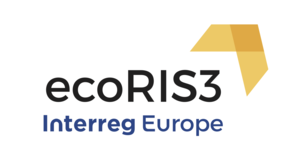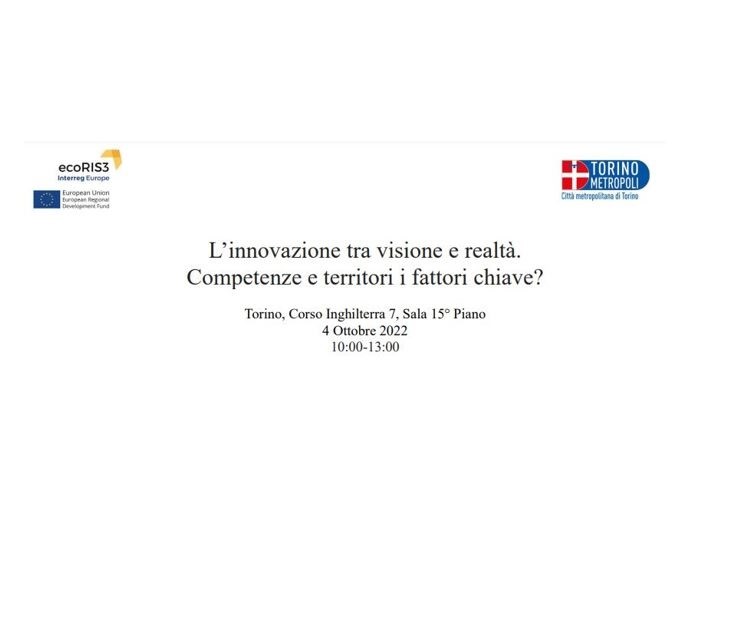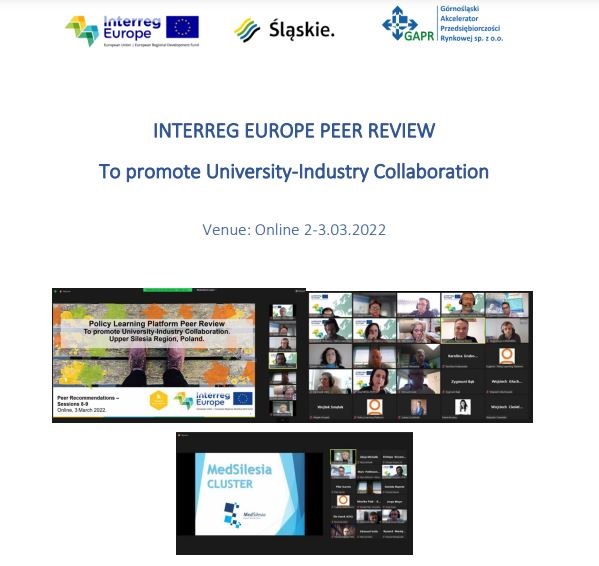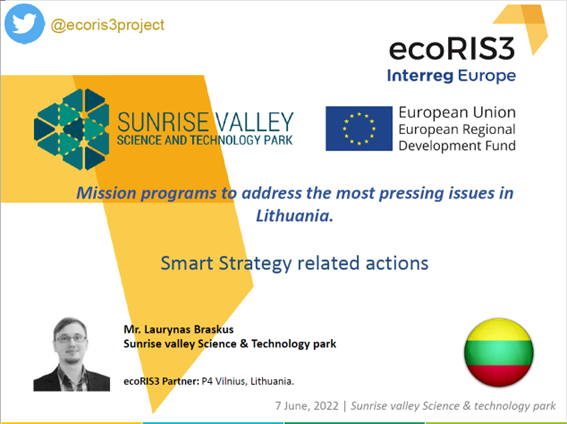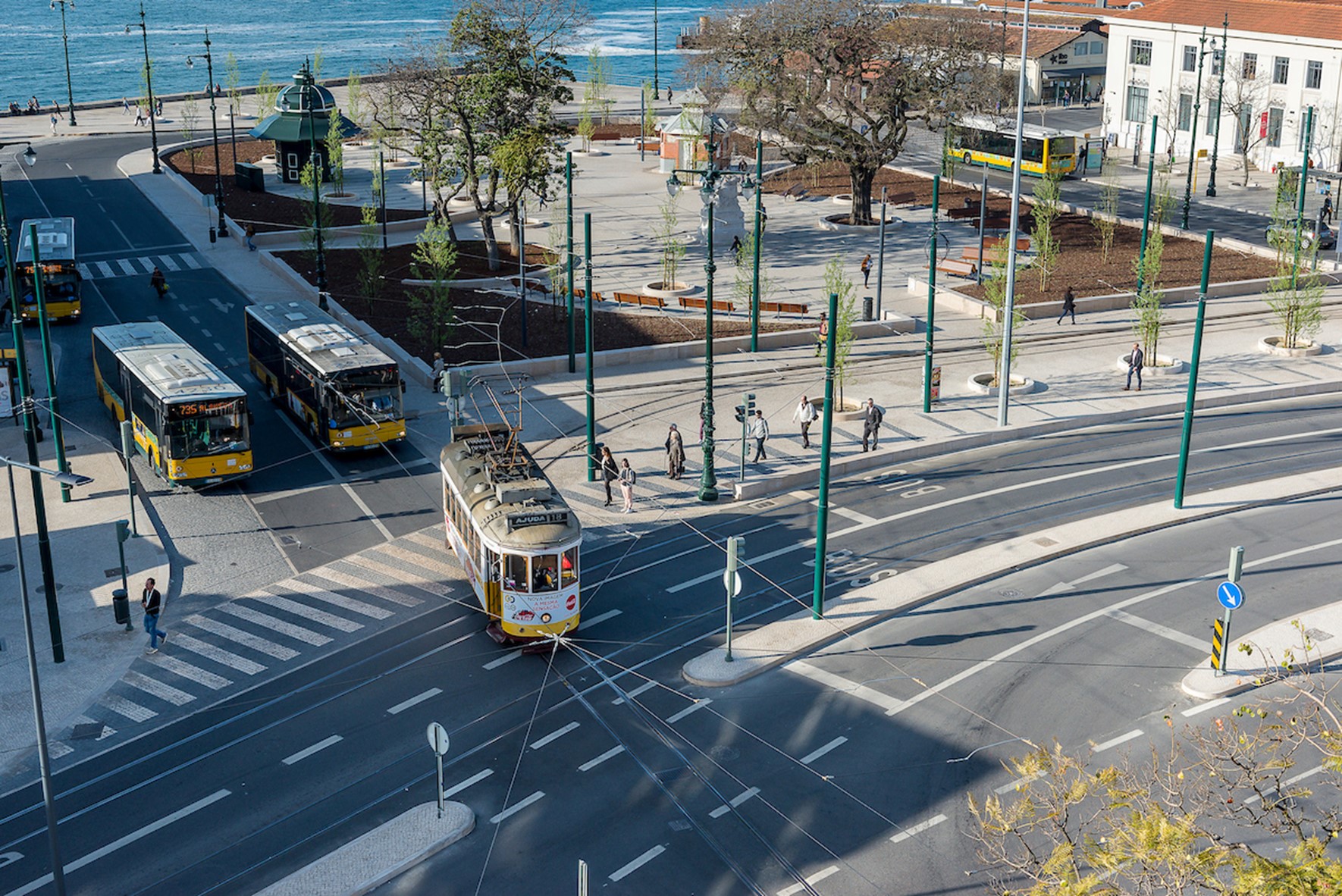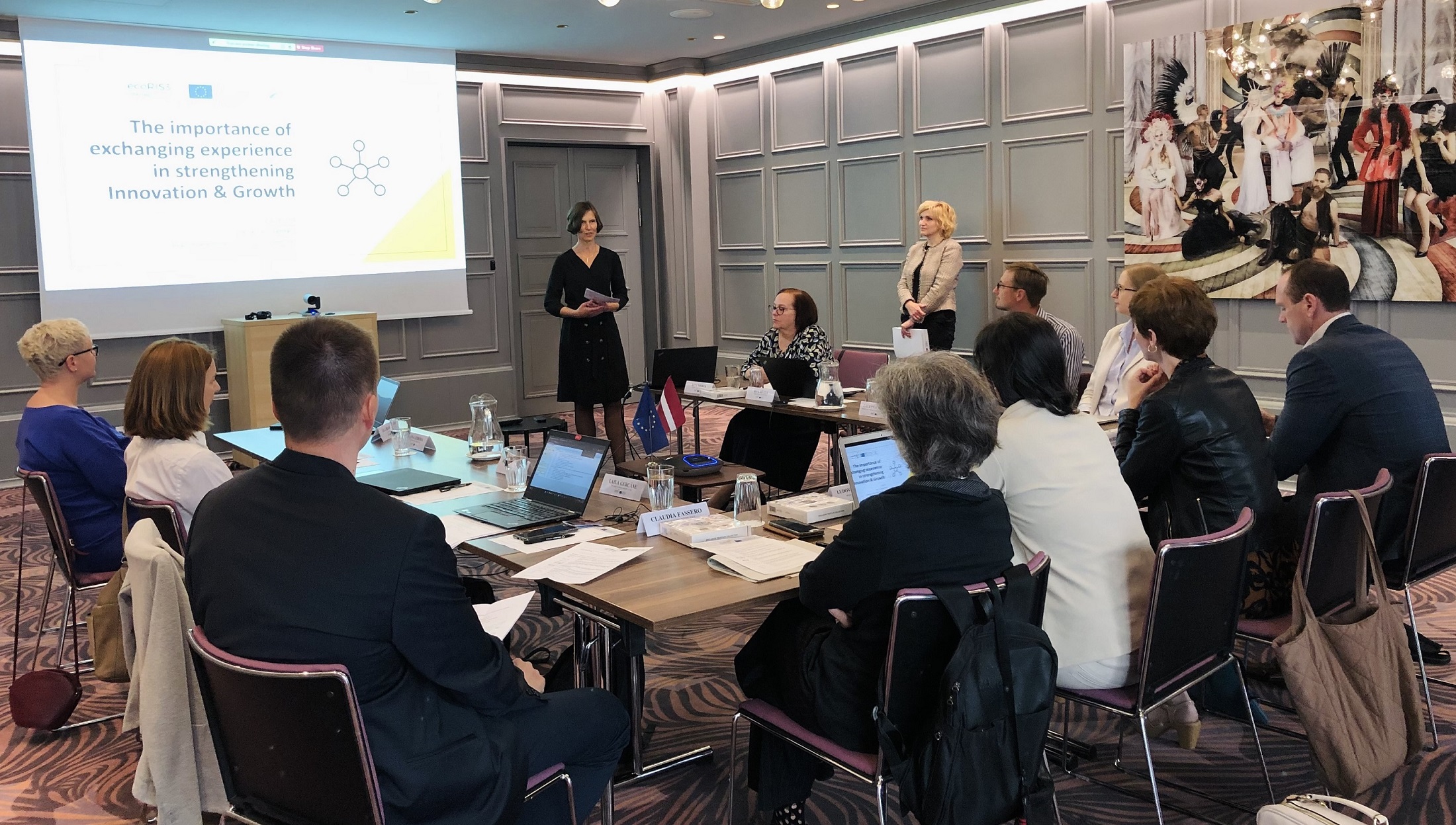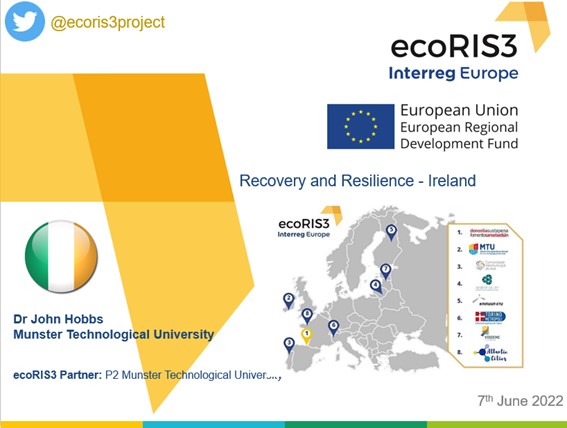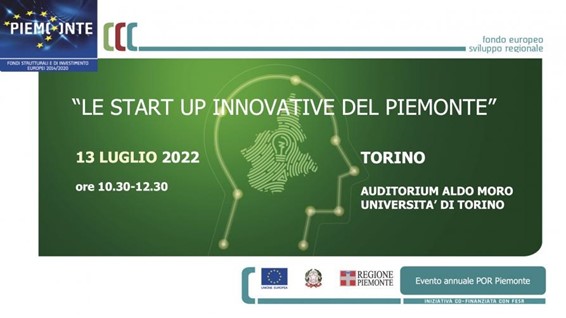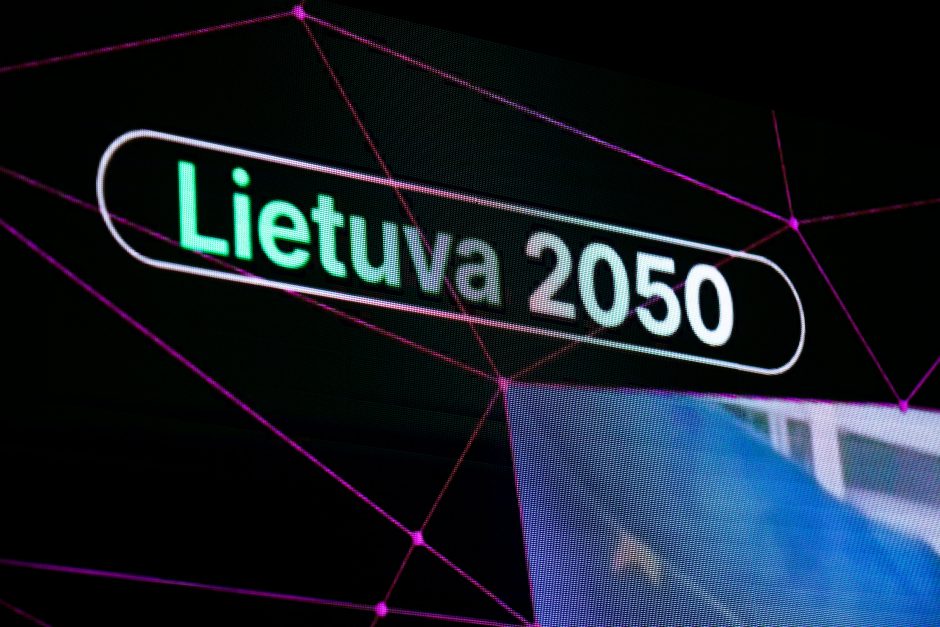Sunrise Valley Science and Technology Park (Vilnius, Lithuania) was hosting its first ecoRIS3 stakeholders’ meeting on June 9, 2017. The aim of the meeting was to identify and discuss good practices on what role the public sector plays in implementing smart specialization strategy in Lithuania. The representatives from Research and Higher Education Monitoring and Analysis Centre (MOSTA), Ministry of Economy, Ministry of Science and Education, Vilnius Gediminas Technical University, Vilnius University, Lithuanian Innovation Centre, Laser & Engineering Technologies Cluster, Knowledge Economy Forum, and Association of Vilnius Valleys were discussing the innovative aspects of developing the strategy and monitoring its implementation. Research and Higher Education Monitoring and Analysis Centre (MOSTA), which is responsible for monitoring and evaluation of smart specialization strategy in Lithuania, noticed that the development process demonstrated a paradigm change in terms of collaboration between the private and public sectors. High level of involvement from science, education,
The aim of the meeting was to identify and discuss good practices on what role the public sector plays in implementing smart specialization strategy in Lithuania. The representatives from Research and Higher Education Monitoring and Analysis Centre (MOSTA), Ministry of Economy, Ministry of Science and Education, Vilnius Gediminas Technical University, Vilnius University, Lithuanian Innovation Centre, Laser & Engineering Technologies Cluster, Knowledge Economy Forum, and Association of Vilnius Valleys were discussing the innovative aspects of developing the strategy and monitoring its implementation. Research and Higher Education Monitoring and Analysis Centre (MOSTA), which is responsible for monitoring and evaluation of smart specialization strategy in Lithuania, noticed that the development process demonstrated a paradigm change in terms of collaboration between the private and public sectors. High level of involvement from science, education,
Research and Higher Education Monitoring and Analysis Centre (MOSTA), which is responsible for monitoring and evaluation of smart specialization strategy in Lithuania, noticed that the development process demonstrated a paradigm change in terms of collaboration between the private and public sectors. High level of involvement from science, education, business and government ensured ownership and compliance with the strategy. The participants concluded that the development of the smart specialization strategy is one of the good practices demonstrating the country‘s decision to focus regional development exclusively towards smart
The participants concluded that the development of the smart specialization strategy is one of the good practices demonstrating the country‘s decision to focus regional development exclusively towards smart specialisation. Despite the scope of sophisticated and inclusive process, Lithuania was the third country among the member states smart specialisation strategy of which was adopted by the European Commission. The initiative of NGOs working in close cooperation with the Ministry of Economy and the Ministry of Science and Education was identified as another good practice to successfully implement smart specialization strategy. A number of NGOs from
The initiative of NGOs working in close cooperation with the Ministry of Economy and the Ministry of Science and Education was identified as another good practice to successfully implement smart specialization strategy. A number of NGOs from public and private sectors, including ecoRIS3 stakeholders, are providing feedback on provisions ensuring that financing instruments are implemented in compliance with the priorities of smart specialization.
The conclusions of the stakeholders’ meeting will be presented in more detailed during ecoRIS3 conference in Portugal, 28th of June, 2017.
